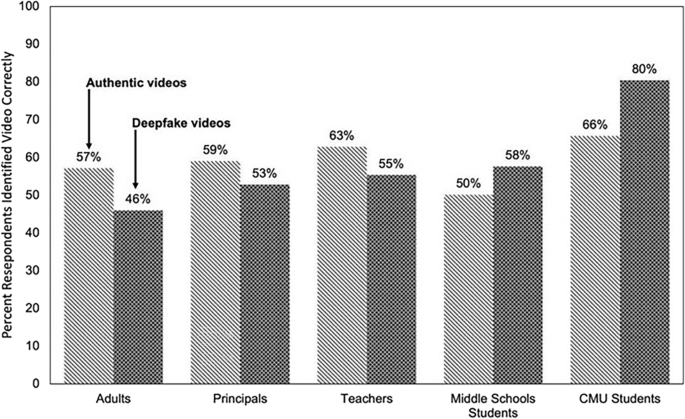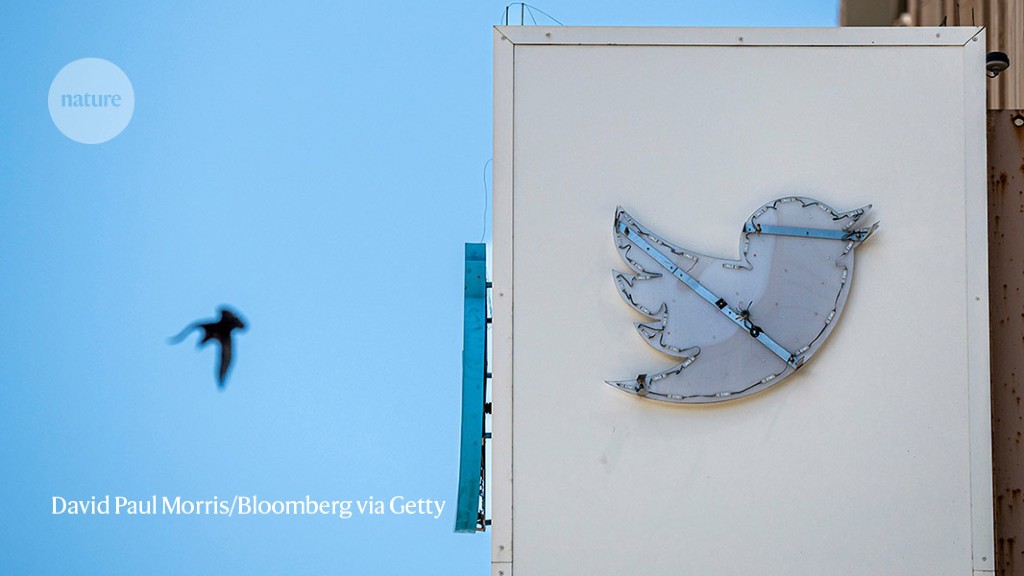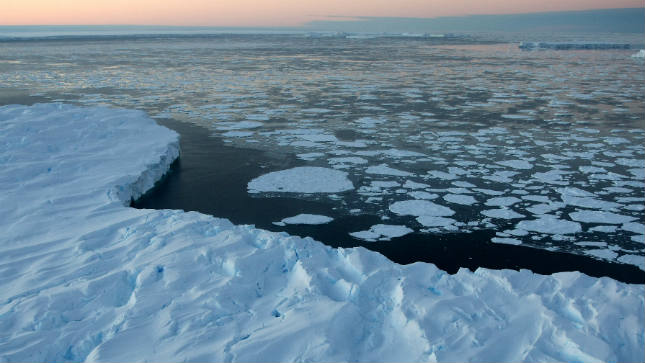20 Scientific Facts That Sound Like Science Fiction

Send us a link


Public communication on controversial issues has meant that science is more relevant than ever before. At the same time, it has made researchers vulnerable to attacks that undermine their credibility.
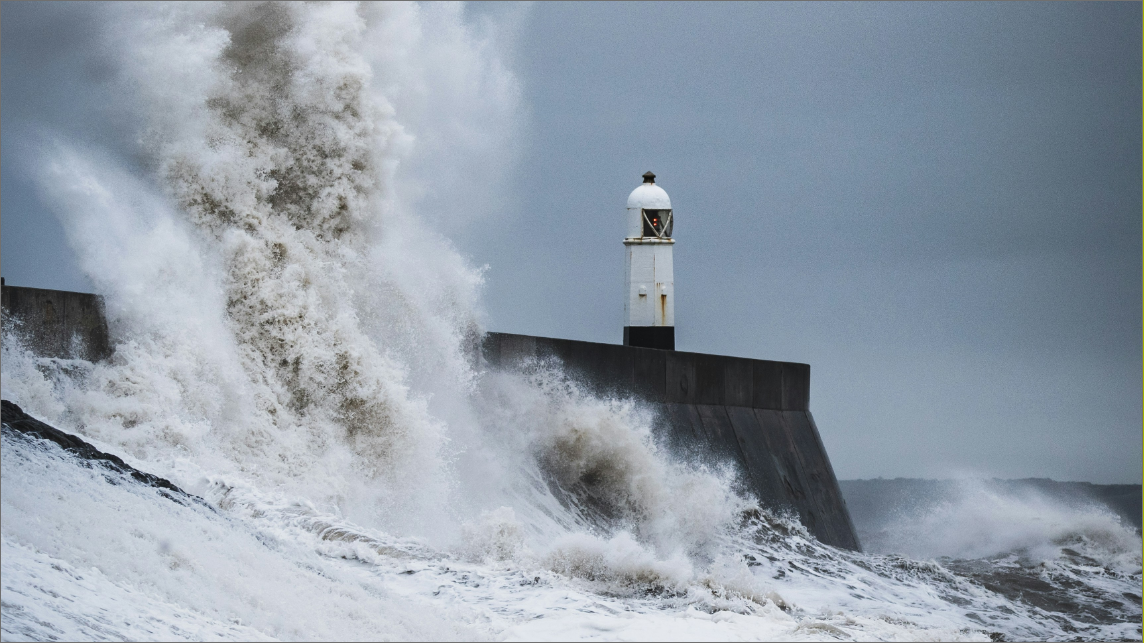
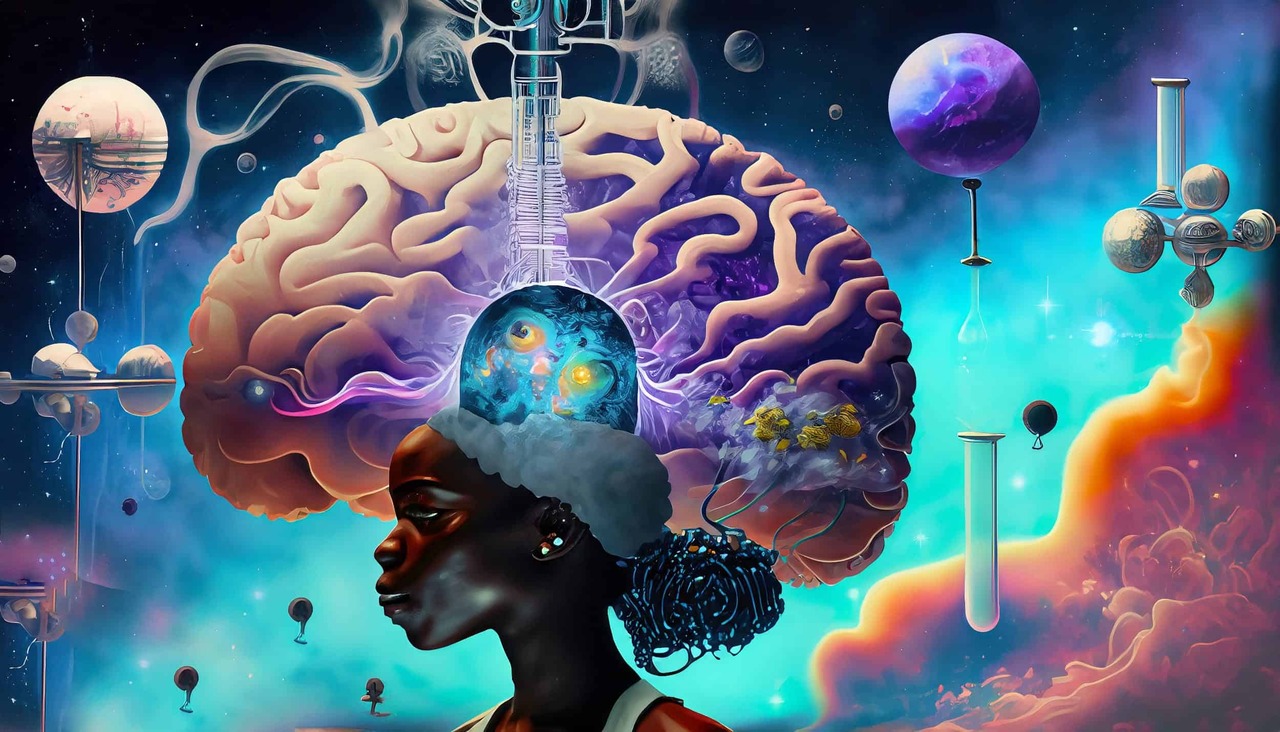
Changes to the social media platform make further use “untenable”

The 11th World Science Forum (WSF) took place in Budapest, Hungary, from 20 to 23 November 2024, bringing together global leaders, scientists, and policymakers.
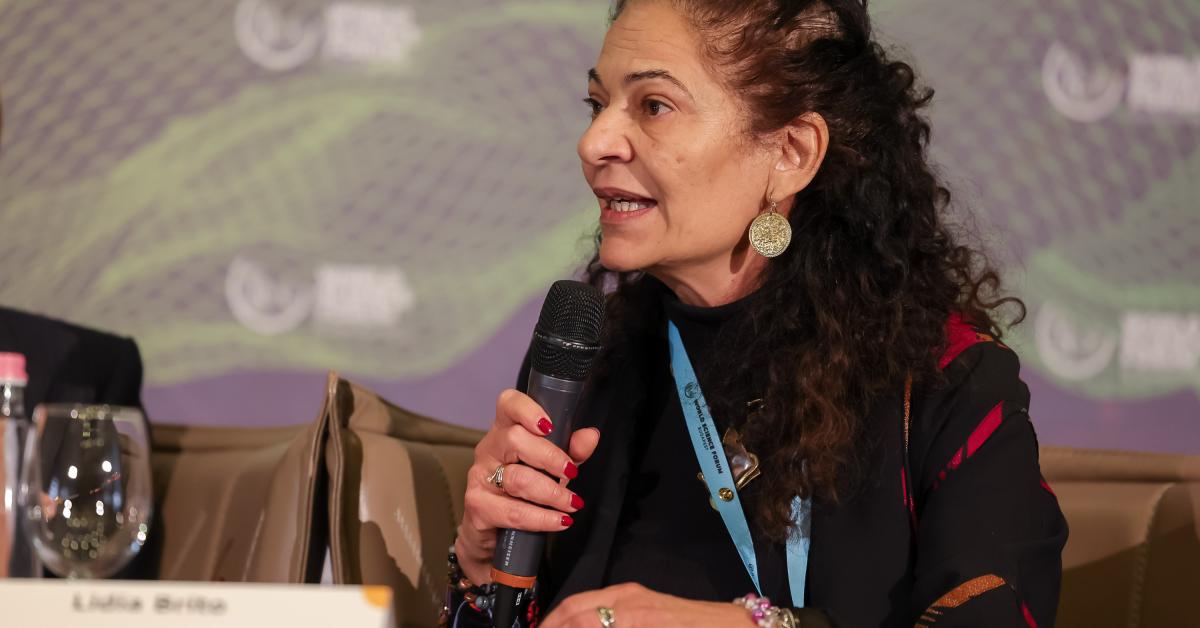
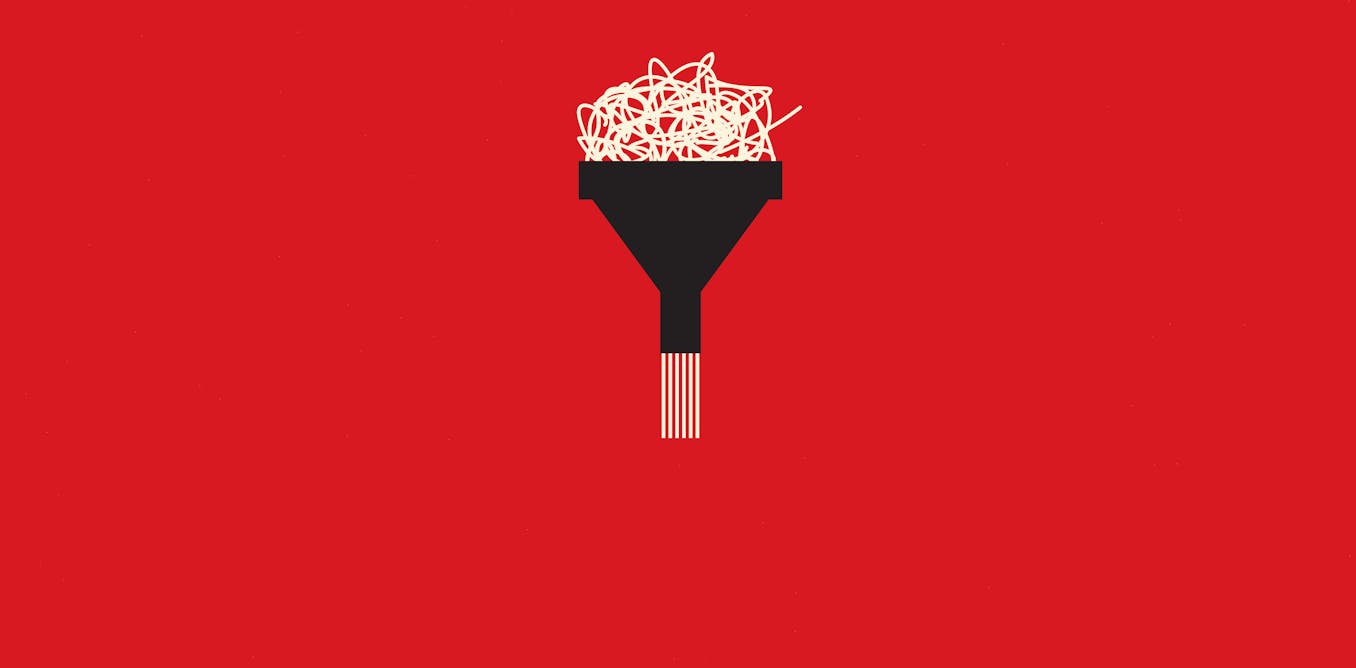
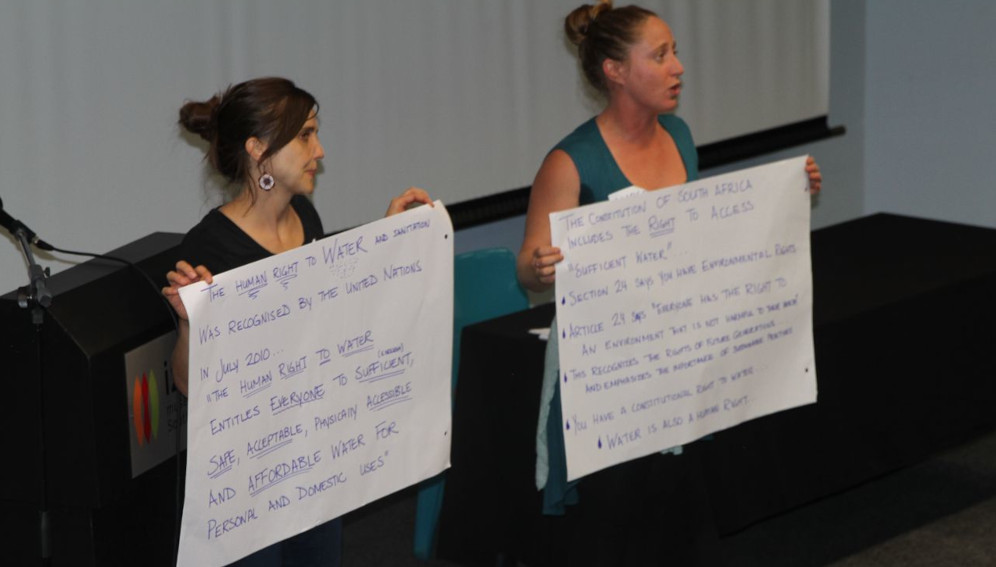
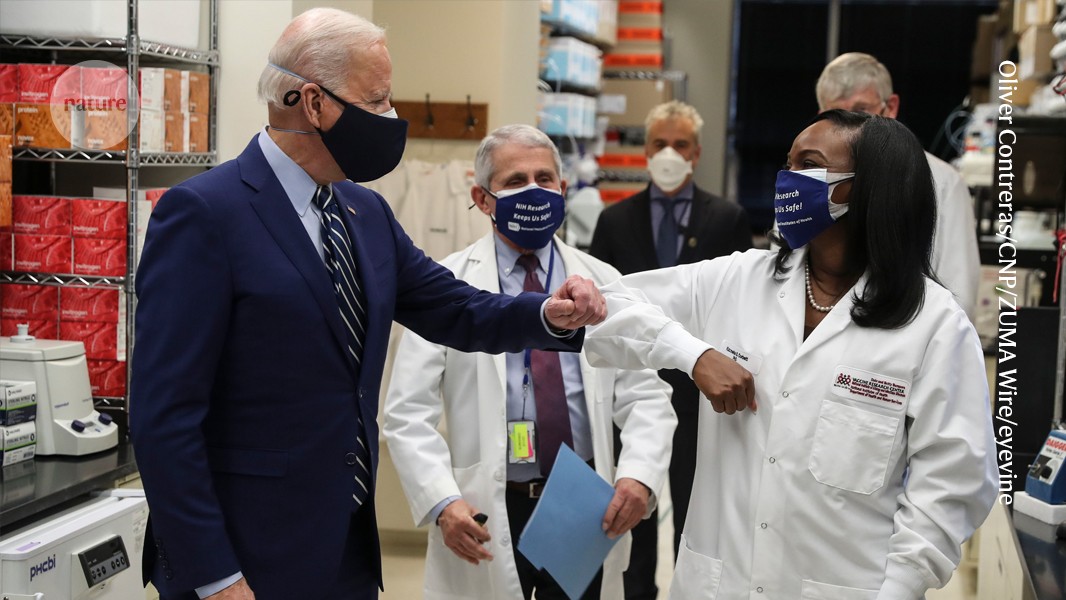

Debating scientific topics in a courtroom setting could be a way to inform and engage citizens in public policy.

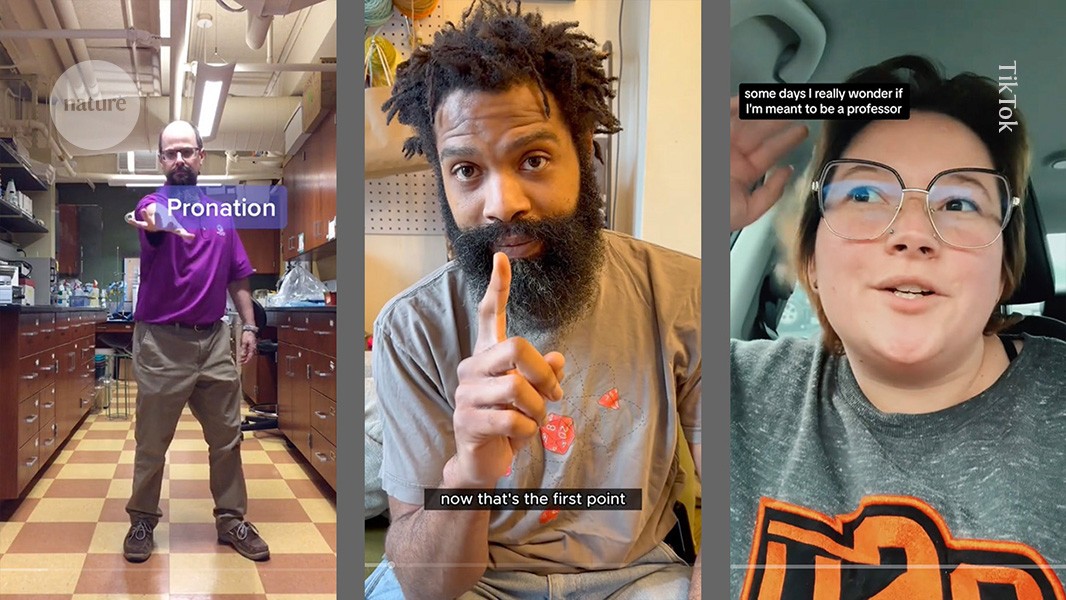
The link between trust and relatability is important to good science communication.

As part of its efforts to promote inclusiveness in research, eLife’s new Community Voices podcast provides a platform for scientists from diverse backgrounds to share their experiences.
In February 2024, an international scientific committee voted against creating a new geologic time period called the Anthropocene - a rejection that is both a setback for an ambitious environmental agenda and an opportunity to reflect and learn.
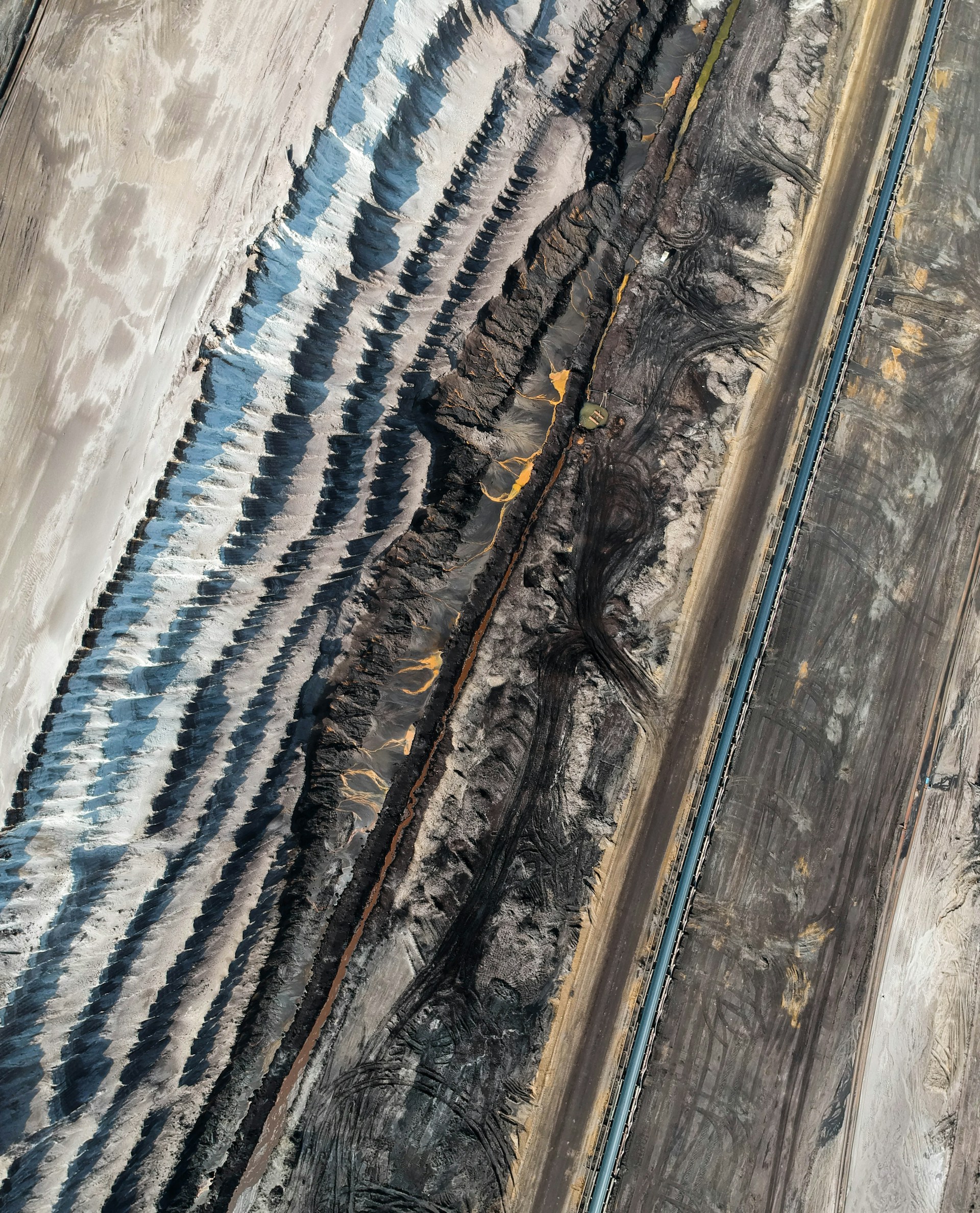
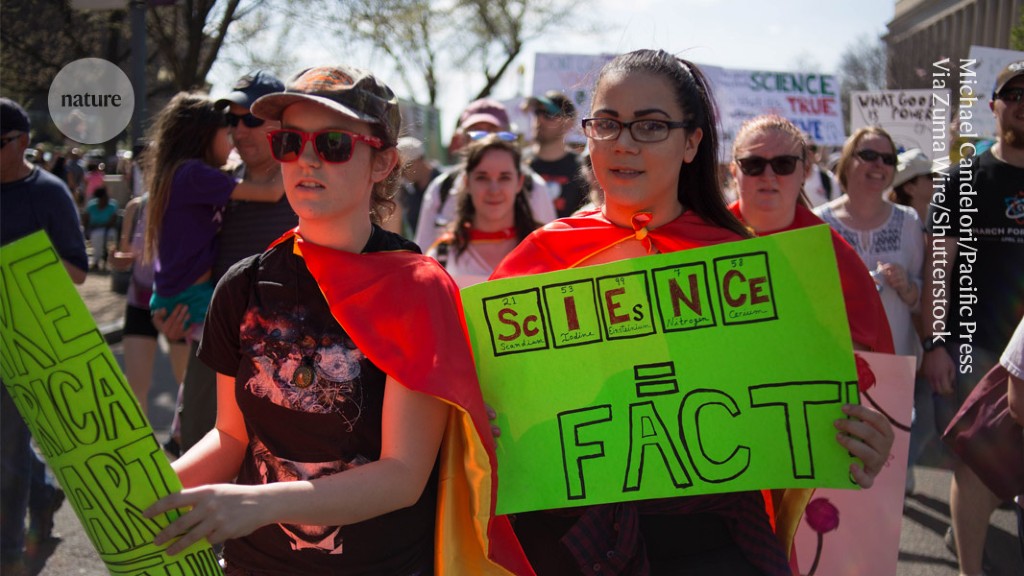
Based on a study of how research is cited in national and local media sources, Andy Tattersall shows how research is often poorly represented in the media and suggests better community standards around linking to original research could improve trust in mainstream media.

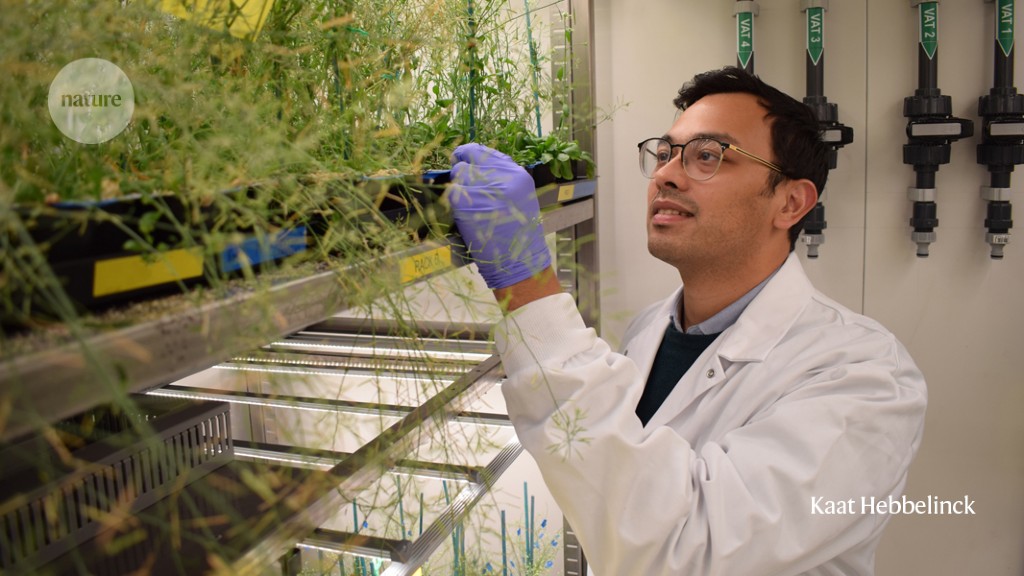

If scientists want people to take science seriously, comedy may be the key.
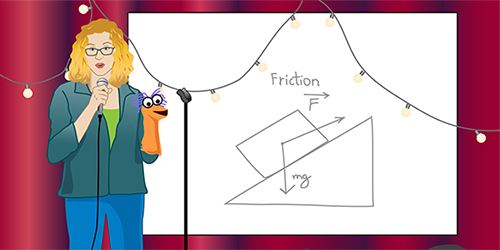
Is social media in a period of change? David Beer considers whether trends towards repetition and uniformity are prefiguring a new standard for the way in which social media intersects with academic life.

Nobel laureate and physicist Giorgio Parisi was attacked for presenting evidence on Covid - it made him reflect on how we can rebuild faith in science.

Austria's Martin Polaschek pushes for move to combat public scepticism.
Science misinformation have significant public policy repercussions. Artificial intelligence-based methods of altering videos and photos (deepfakes) lower the barriers to the mass creation and dissemination of realistic, manipulated digital content.
